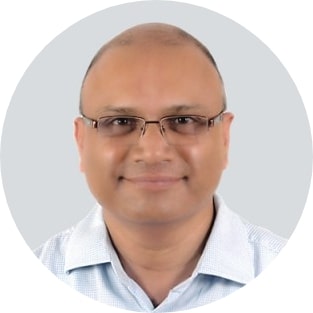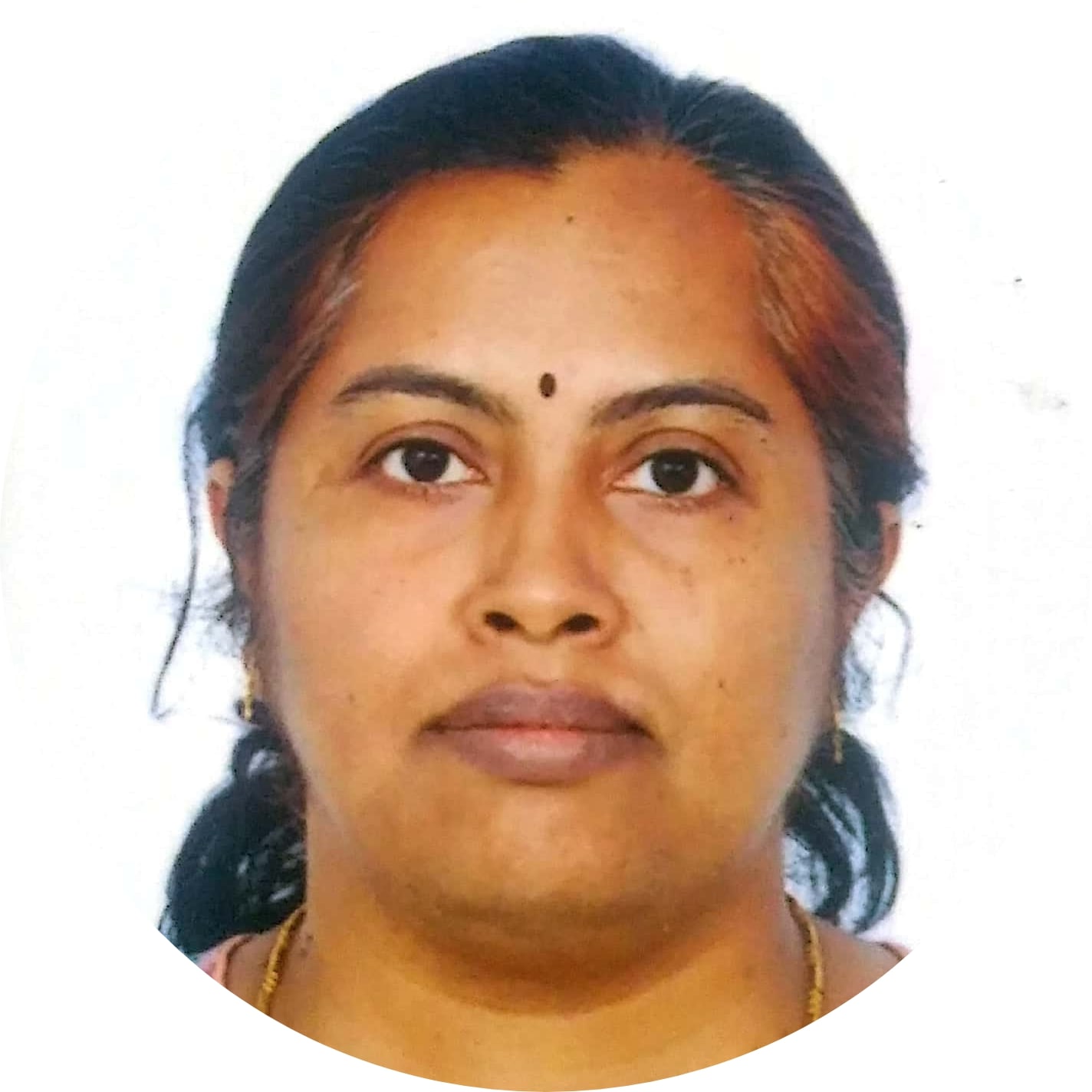AI in Healthcare
One of the earliest attempts of using AI to solve real world problems was through the expert system – MYCIN (named after the fact that most antibiotics names ended with mycin) to diagnose blood-related diseases like meningitis and bacteremia, recommend antibiotics and dosage. This was 1970.
More recently, we have seen an increasingly large number of articles in media, TV shows etc. wherein it is implied that doctors will soon be replaced by screens running AI, sparking discussions on the delivery, access and cost of future healthcare. Late last year, Google’s flip flop and eventual cancellation of its plans to make 100,000 X-rays collected from 30,000 people public has once again highlighted the critical need to create an ethical, privacy and accountability policy framework to help frame SOPs to incorporate AI in healthcare delivery. Will AI break (or make) the “Hippocratic Oath” that defines the confidentiality between patients and doctors?
In this webinar we will discuss how AI can be used not to replace trained medical personnel in the healthcare delivery pipeline, but to act as a force multiplier for the always scarce trained medical resources, expanding the reach of quality healthcare to the remotest parts of our country and create jobs. We will talk about current state of the art technology being applied at both ends of the medical delivery systems – from helping doctors detect tumors to reading prescriptions to analyzing doctor notations to map to the correct insurance code. We will explore why AI is not expected to replace a doctor in the conceivable future specially in context of rare diseases, while gaining an appreciation how AI output can become a valuable data input to a doctor’s eventual diagnosis and treatment plan.
We also want to bring to focus other healthcare professionals (such as ANMs, ASHAs, Anganwadi Workers in the Indian public health context; the para-medics and community health workers, in general) while talking about AI in Healthcare. Often, they are the first point of contact to the healthcare system for most of the people and it may be useful to understand what they bring to the healthcare value chain and understand if and how AI can be of relevance to what they do.
Finally, we would look into some of the policies that are emerging to guide the adoption of AI in healthcare practices and discuss the need to create a national dataset of medical records to provide impetus to AI research in healthcare.
Event Details
The webinar series makes a serious attempt to provide a well-informed and balanced view on the novelty, opportunity, challenges, and Impact of these technologies. The series is designed as a set of 4 webinars.
Date and Time: 30th September, 2020 @ 2:00 PM – 3:30 PM
Panel Members

Prof. G Srinivasaraghavan
Prof. G. Srinivasaraghavan, PhD is a Partner at Performance Engineering Associates. He has a PhD in Computer Science from the Indian Institute of Technology Kanpur and has over 18 years of industry experience.

Prof. V. Sridhar
V. Sridhar is Professor at the Centre for IT and Public Policy at the International Institute of Information Technology Bangalore (IIITB), India. He has published many articles in peer-reviewed leading telecom and information systems journals.

Prof. Amit Prakash
Amit Prakash is an Associate Professor at the International Institute of Information Technology Bangalore (IIITB). At IIITB, he is also the Convenor of the Centre for IT and Public Policy (CITAPP, http://citapp.iiitb.ac.in/) and is in the core team of the E-Health Research Centre (EHRC, http://ehrc.iiitb.ac.in/).

Prof. T K Srikanth
Dr. Srikanth obtained his Ph.D. in Computer Science from Cornell University in 1986, and has a B.Tech (Mech. Eng) from the Indian Institute of Technology, Madras. His research interests are in the areas of Computer Graphics, Geometric Modeling and 3D Printing, mobile and internet based applications, and data privacy.

Kalpana Subbaramappa
Kalpana is an Analytics Specialist with more than 20 years of experience in developing analytics solutions for BFSI, Retail, Healthcare and Technology industries. Her interest is to design and develop bespoke learning programs in the emerging areas of Robotics, Data science and Business Analytics.
